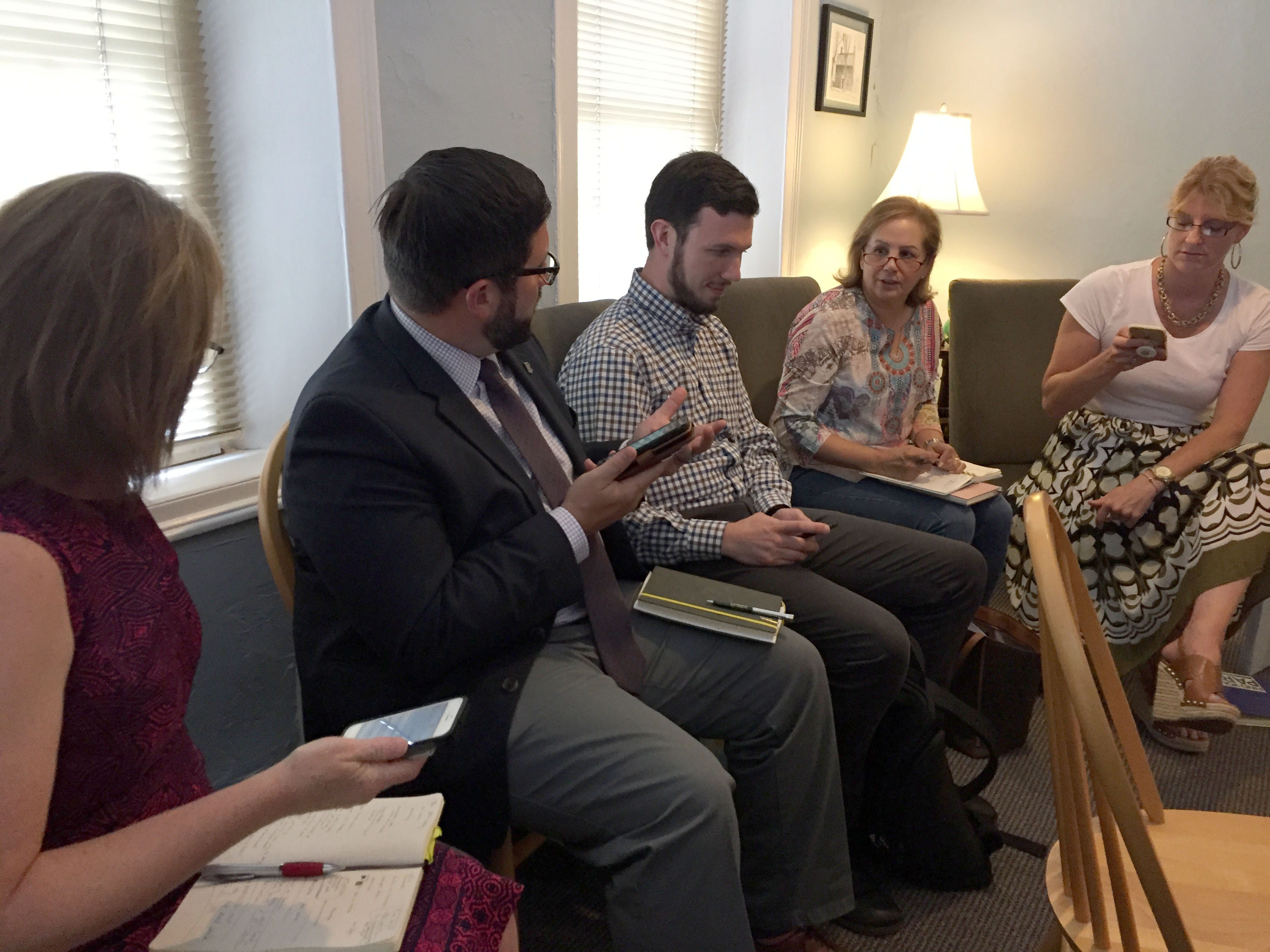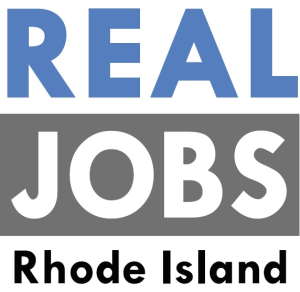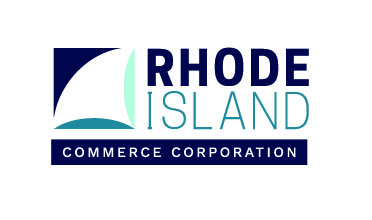
The Rhode Island Textile Innovation Network is supported by Real Jobs Rhode Island and the Rhode Island Commerce Corporation. Polaris MEP serves as RITIN’s fiscal agent.
The Rhode Island Textile Innovation Network is supported by Real Jobs Rhode Island and the Rhode Island Commerce Corporation. Polaris MEP serves as RITIN’s fiscal agent.
RITIN thanks the following people, universities and companies for providing photos for our website: American Cord and Webbing, Amerisewn, Brickle Group, Bouckaert Textiles, Colonial Mills, Cooley Group, Darlington Fabrics, Dogwarm, Hood Racing Sails, Hope Global, Jeff Elsbecker, Jo Sittenfeld/RISD, Julie Hasse, Northwest Woolen Group, Pease Awnings, Polaris MEP, RISD, Steve Mason, Team Textiles, Trelleborg Coated Systems Dartex Coatings, University of Rhode Island, The URI Foundation, Walsh & Associates
About
The Rhode Island Textile Innovation Network (RITIN) is an affiliation of textile manufacturers positioning Rhode Island as a leader in advanced textile manufacturing, developing solutions to recruit and train our sector’s future workforce, and increasing opportunities for innovation and business development by forming worthwhile partnerships among textile manufacturers, design professionals, academia and government. RITIN was founded by U.S. Senator Sheldon Whitehouse and the University of Rhode Island Business Engagement Center and is a project of Polaris MEP with support from the Rhode Island Department of Labor and Training’s Real Jobs RI program and the Rhode Island Commerce Corporation.
Rhode Island Textile Innovation Network Steering Committee
Michael Woody, Trans-Tex, LLC (Chairman)
Kathie Mahoney, Polaris MEP
Jordan Krauss, American Cord and Webbing, “ACW”
Steve Perry, Darlington Fabrics
Gina Marquart, Brookwood Industries
Jim Owens, Nautilus Defense
Andrew Jencks, Neocorp
Christian Cowan, 401 Tech Bridge
Clare King, Propel, LLC
Anais Missakian, Rhode Island School of Design
Brittany Scuncio, Propel, LLC
Rele Abiade, Office of Senator Whitehouse
Katharine Hazard Flynn, University of Rhode Island Business Engagement Center
History
Rhode Island’s textile production was industrialized in 1790, when Samuel Slater founded the first textile mill in the United States in Rhode Island and became known as the “Father of the American Industrial Revolution.” According to the National Council of Textile Organizations, the U.S. textile industry supply chain employed more than 500,000 people in 2017, more than 2,500 of those workers are employed in Rhode Island’s 70 textile companies. The companies design, manufacture, coat and finish a variety of goods to serve a broad range of markets, including aerospace, apparel, automotive, construction, consumer, energy, fabrics, home furnishings, infrastructure, industrial, marine, medical, military, protective apparel, recreation, soft goods, and technical textiles.
Explore the history of the textiles in Rhode Island
Haffenreffer Museum of Anthropology
The URI Historic Textile and Costume Collection
RISD Museum Costume and Textile Collection
Key Facts, provided by the National Council of Textile Organizations, data from the NIST MEP data set and the Department of Labor and Training
- In 2017, hourly and nonsupervisory textile mill workers on average earned 35% more than apparel store workers ($646 per week, vs. $274 a week) and received health care and benefits
- The government estimates that one textile job in the U.S. supports 3 additional jobs
- According to NIST data, the 2017 average annual earnings in the U.S. textile industry was $51,917. According to the same report, the average earnings in Rhode Island’s textile industry are higher than the national average, at $52,404 annually.
- U.S. textile and apparel shipments totaled $77.9 billion in 2017, Rhode Island textile companies have revenue of between $1.6 and $3 billion annually
- U.S. textile mills have increased labor productivity by 60% since 2000
Career & Workforce
According to data from the NIST MEP dataset and the Department of Labor and Training, the top occupations in the Rhode Island textile sector in 2017 were:
- Textile Knitting and Weaving Machine Setters, Operators and Tenders
- Production Workers
- First-Line Supervisors of Production and Operating Workers
- Textile Cutting Machine Setters, Operators and Tenders
- Textile Bleaching and Dyeing Machine Operators and Tenders
Together, these jobs have a salary range from $10 to $38 an hour.
With support from Real Jobs RI, RITIN conducted an industry survey which found that:
- Employers report their key workforce issues are finding qualified/skilled workers. They report having the most difficulty hiring engineers, scientists, R&D Staff, testing operators, quality control and support technicians, production line workers/machine technicians
- Employers see the biggest skills gap in the labor market in production line workers/operations, engineers, scientists and R&D Staff, and production line workers/machine technicians
- The companies are further challenged by the wave of baby-boomer retirements that is likely to hit in the next five years. More than 70% of respondents are concerned or very concerned about their workforce retiring in the near future, and with reason. Twenty-eight percent of survey respondents anticipate that between 20% and 50% of their workforce will retire in the next 5 years. Another 19% believe that between 51% and 75% of their workforce will retire in that time frame
- Fifty percent of survey respondents believe that attracting workers to their location is a challenge




